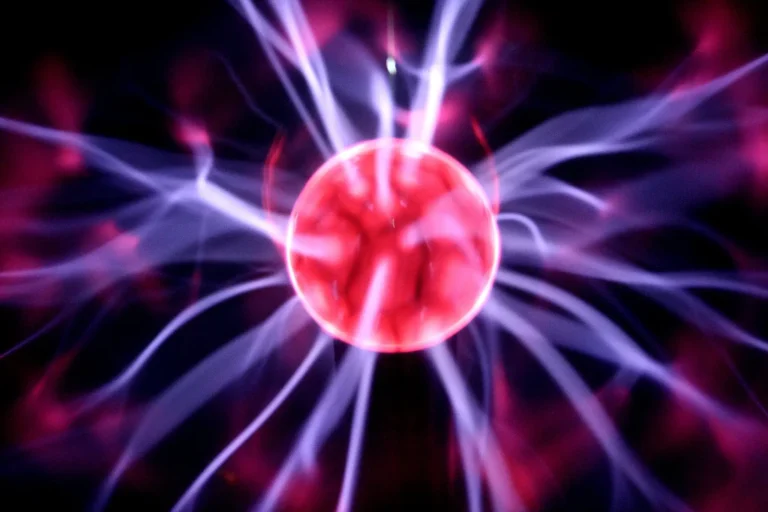Revealing the Shocking secrets: incest confessions
In the realm of societal taboos and forbidden narratives, few topics elicit as much discomfort and unease as the specter of incest. A deeply ingrained societal taboo, incest remains a subject shrouded in secrecy, relegated to the shadows of whispered conversations and veiled references. In our pursuit of understanding and shedding light on the darkest corners of human experiences, we delve into the unsettling world of shocking incest confessions. This article seeks to navigate the murky waters of an often ignored and hushed reality, confronting the uncomfortable truths that individuals have dared to reveal.
It is important to approach this exploration with sensitivity and a recognition of the gravity of the subject matter. The revelations we will encounter are not only deeply personal but also challenge the boundaries of societal norms and moral frameworks. By peeling back the layers of secrecy that surround incest, we aim to foster a nuanced conversation that goes beyond the surface discomfort, encouraging a critical examination of the factors contributing to such confessions and the impact they have on the lives of those involved.
Psychological and emotional effects of incest confessions
The psychological and emotional effects of incest confessions are profound, reaching into the very core of an individual’s well-being. The revelation of such deeply personal and taboo experiences can lead to a range of traumatic consequences. Survivors often grapple with post-traumatic stress disorder (PTSD), facing recurrent distressing memories and disturbances in their cognitive and emotional processes.
The impact extends to the development of one’s identity and self-image, with distorted beliefs about relationships and pervasive cognitive distortions. Emotional consequences include overwhelming feelings of betrayal, leading to trust issues that permeate all aspects of interpersonal relationships. The burden of guilt and shame is internalized, creating a complex emotional landscape that survivors navigate. Coping mechanisms, ranging from avoidance to confrontation, become essential survival strategies.
Seeking professional help and engaging in therapeutic interventions are crucial steps towards healing, allowing survivors to build resilience, establish healthy boundaries, and embark on a path to emotional recovery. The healing journey is multifaceted, requiring a supportive environment, both biological and environmental factors, and an ongoing dialogue to address the nuanced psychological and emotional repercussions of incest confessions.
The social and cultural factors affected by incest confession
Incest confessions reverberate through the intricate fabric of social and cultural norms, leaving an indelible impact on the collective psyche. The revelation of incestuous experiences challenges societal perceptions, forcing a reexamination of deeply ingrained taboos. One of the immediate social consequences is the disruption of family dynamics, as trust is shattered, and relationships are strained. The stigma surrounding incest further contributes to isolation, often resulting in individuals facing social ostracism and marginalization.
Culturally, incest confessions pose a profound challenge to established moral and ethical frameworks. The cultural narrative around family, purity, and societal norms is upended, requiring a recalibration of beliefs and values. These revelations may lead to broader conversations about the intersection of culture, morality, and individual autonomy, forcing societies to confront uncomfortable truths and reassess long-standing traditions.
Moreover, legal systems are brought into play, as incestuous relationships are often deemed criminal offenses. The legal consequences can vary widely, further emphasizing the need for society to grapple with the complexities of justice, rehabilitation, and the protection of vulnerable individuals.
In addressing the social and cultural factors affected by incest confessions, it becomes imperative to foster an open and empathetic dialogue. By acknowledging the broader implications on familial, societal, and cultural levels, communities can work towards creating a more compassionate and understanding environment for survivors, challenging ingrained prejudices, and fostering a culture of support and healing.
The ethical and moral implications of incest confession
The revelation of incestuous relationships carries profound ethical and moral implications, challenging societal norms and prompting a complex exploration of values and principles.
At the heart of the ethical discourse surrounding incest confessions lies the consideration of consent. In cases where power dynamics, coercion, or manipulation are involved, questions arise about the authenticity of consent and the moral responsibility of those involved. The violation of familial trust and the breach of societal expectations often evoke strong moral condemnation, raising ethical concerns about the sanctity of family bonds.
The societal taboo surrounding incest reflects deeply ingrained moral values, often rooted in religious, cultural, or historical contexts. Incest confessions force individuals and communities to grapple with the tension between respecting cultural traditions and adapting to evolving ethical standards. This tension becomes particularly palpable when considering the impact on familial relationships and the potential harm caused to individuals involved.
Furthermore, legal systems play a pivotal role in shaping the ethical landscape of incest confessions. Legal frameworks vary across jurisdictions, introducing a complex interplay between morality, legality, and the pursuit of justice. The ethical debate extends to questions of punishment, rehabilitation, and the balance between protecting societal norms and recognizing the autonomy and agency of individuals involved.
Navigating the ethical and moral implications of incest confessions requires a nuanced approach that considers the context, the well-being of those affected, and the broader societal impact. It calls for a careful balance between moral judgment and empathy, recognizing the complexity of human relationships while upholding principles that safeguard against harm and exploitation. Ultimately, the ethical discourse surrounding incest confessions invites a reevaluation of societal values and moral frameworks, challenging us to engage in thoughtful and compassionate conversations that foster understanding and support for all individuals affected by such revelations.
Conclusion
In this article, we have explored the shocking and disturbing phenomenon of incest confessions. We have examined the psychological and emotional effects of incest confessions on the participants and their families, the social and cultural factors that influence incest, and the ethical and moral implications of incest confessions. We thank you for reading this article and for being open-minded and respectful.
We hope that you have found this article informative and interesting and that you have learned something new and valuable from it. We also hope that you have enjoyed this article and that you have had a good time reading it. We invite you to share your feedback, comments, or questions with us, and to check out our other articles on our website. Thank you and goodbye.







